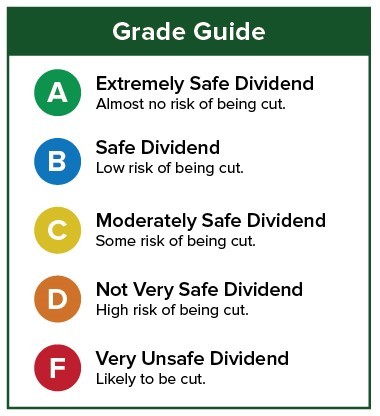The news isn’t all that great. But does it really matter?
Mattel (Nasdaq: MAT) hasn’t gotten a whole lot of good press lately. It has struggled for several years. Mattel’s largest brand, Barbie, has been mired in a sales slump. It also recently lost its Disney licenses to rival Hasbro (Nasdaq: HAS). And just recently, Lego surpassed it to become the largest toymaker in the world.
Income investors are intrigued by Mattel’s 6.6% dividend yield, but are understandably concerned about the sustainability of the dividend.
[ad#Google Adsense 336×280-IA]Mattel has paid a dividend since 1991 and raised it significantly each year between 2012 and 2014.
But the dividend growth has been on hold over the past year as Mattel tries to sort things out.
Over the past four quarters, Mattel generated $462 million in free cash flow.
It paid out $514 million in dividends.
That’s not good. We want to see dividends paid be less than free cash flow so that we know the business can sustain the dividend.
Despite the company’s woes, the dividend may be in better shape than you think.
The company replaced its CEO, brought back a top executive who rescued the Barbie brand years ago and has taken other steps to fix its business.
Furthermore, Mattel has $300 million in cash, and the fourth quarter is coming up, which is, by far, its biggest quarter of the year in terms of revenue and cash flow.
And if the company has only a $50 million shortfall during a period that can be described as disastrous, it should have absolutely no problem paying that dividend once performance improves, even just a bit.
Next year, analysts, who are overwhelmingly bearish on the stock, expect free cash flow to climb high enough to cover the dividend.
Admittedly, that’s not a lock. And it’s why the stock has fallen so hard and the yield is so high.
On Mattel’s second quarter conference call, CEO Chris Sinclair said, “we remain on track to fund our turnaround initiatives fully and we continue to be comfortable with our cash position and our commitment to the current dividend.”
Additionally, CFO Kevin Farr stated, “dividends remain a first priority after reinvesting in the business.”
Believe it or not, CEOs have been known to exaggerate, misspeak and flat-out lie. I’ve heard CEOs say the dividend is sacrosanct and then suspend it six weeks later.
So I’m not taking Sinclair’s word as gospel, but it’s certainly better to hear him say what he did than for him to not address the dividend at all.
Mattel reminds me a lot of Darden (NYSE: DRI), which also pays a strong dividend. Several years ago, the owner of Olive Garden and other restaurants was hurting. Traffic at its eateries was down, as were sales, earnings and cash flow.
The CEO was eventually replaced. Costs were cut, new strategies were implemented, and the company has since turned things around.
 The dividend was never reduced, and the stock price has soared.
The dividend was never reduced, and the stock price has soared.
I see the same situation for Mattel.
It might take a little while to get there, but it too has installed a new CEO and is taking the necessary steps to bring about a rebound in sales.
If cash flow doesn’t currently cover the dividend, I can’t call it absolutely safe.
But I don’t believe the situation is as dire as many would have you believe.
And when I run Mattel through SafetyNet Pro, it comes to the same conclusion.
Dividend Safety Rating: C
— Marc Lichtenfeld
[ad#sa-income]
Source: Wealthy Retirement

